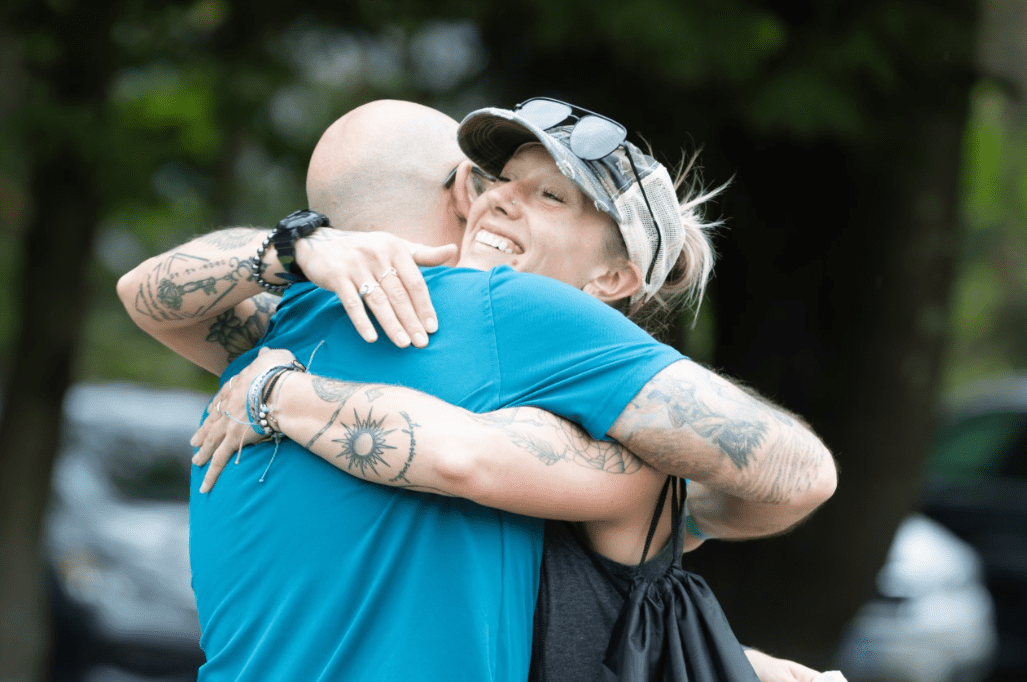While in treatment, you took a deep dive to uncover the root of your addiction, and you may have discovered that your substance abuse stemmed from a past traumatic event, or realized that your use left you with some trauma. Addressing it with your clinician or exploring it through art and writing therapy certainly helped, the work does not stop once you leave Mountainside. If you feel as if something is holding you back ⎼ in your relationships, your career, or your recovery ⎼ you may still have trauma to resolve.
Now, you may be reading this, thinking, “I don’t have any trauma. What is she talking about?” But the truth is that when you’ve faced so much pain and anguish, you start to become desensitized. The more trauma you encounter, the less affected you feel by these experiences. But that doesn’t mean that they aren’t impacting you deep down, clouding your view of the world. Whether you realize it or not, unresolved trauma, feelings, and emotions can hinder every aspect of your life. It can affect how you react to stress, increase feelings of anxiety and depression, alter your sleep, and lead to isolation ⎼ all of which can be extremely triggering for someone in recovery.
There is a common misconception of what trauma is and what it looks like. For many, trauma is reserved for soldiers returning from war and victims of abuse. In reality, anyone can experience trauma. Know that no one can tell you that your experiences are not “traumatic” enough. Your feelings about anything you have been through, about anything that has left you feeling out of control, uneasy, hurt, or violated, should not be ignored.
Signs of Unresolved Trauma
You may be unaware of just how much your past has impacted you, which is why it is important to take a step back and honestly look at yourself, how you feel, and how you act.
Some common signs of unresolved trauma include:
- Anxiety or panic attacks
- Feelings of shame
- Depression
- Repeated flashbacks or nightmares regarding a specific memory
- Trouble sleeping
- Feeling lonely or detached from others
- Hypervigilance
- Trouble managing your emotions
- Irrational fears
- Poor self-esteem
- Chronic fatigue
If you experience any of the symptoms above, you may be confused as to how trauma could be the culprit, especially if you rarely dwell on the past. You may tell yourself that a particular event isn’t affecting you because you have moved on or “gotten over it.” But sometimes, no matter how much you may want to, you’re unable to move on as easily or rapidly as you had hoped. And so, you bury your trauma deep down and pretend it doesn’t exist. But as you know by now, there are no quick fixes in recovery. And as difficult as it may be, acknowledging and addressing your trauma is important.
For many in recovery, asking for help can be challenging. You may feel as if you should have everything figured out by now. Or you may hesitate to ask for help because you don’t want to worry your loved ones. But know that asking for help does not mean you have failed. On the contrary, it shows that you are growing and committed to your recovery.
The impact that addiction has had on you is not something that disappears overnight, but the good news is that trauma is something that can be combatted. It requires courage to come forward and talk about the situations that you have experienced, but when you name the feelings that threaten your well-being and allow others to see who you are, you begin to heal. Opening up to others helps to uproot the dangerous belief that your feelings aren’t important, that you aren’t important or worthy of love, that you are not valued.
Acknowledging and overcoming your past is not easy, but with the right tools and support, you can move past people and circumstances that have been holding you back from truly thriving in your recovery. So, if you feel as if your past is preventing you from moving forward, reach out for help and start reclaiming your happiness.
If you or a loved one is struggling with addiction, Mountainside can help.
Click here or call (888) 833-4676 to speak with one of our addiction treatment experts.
 By
By 







